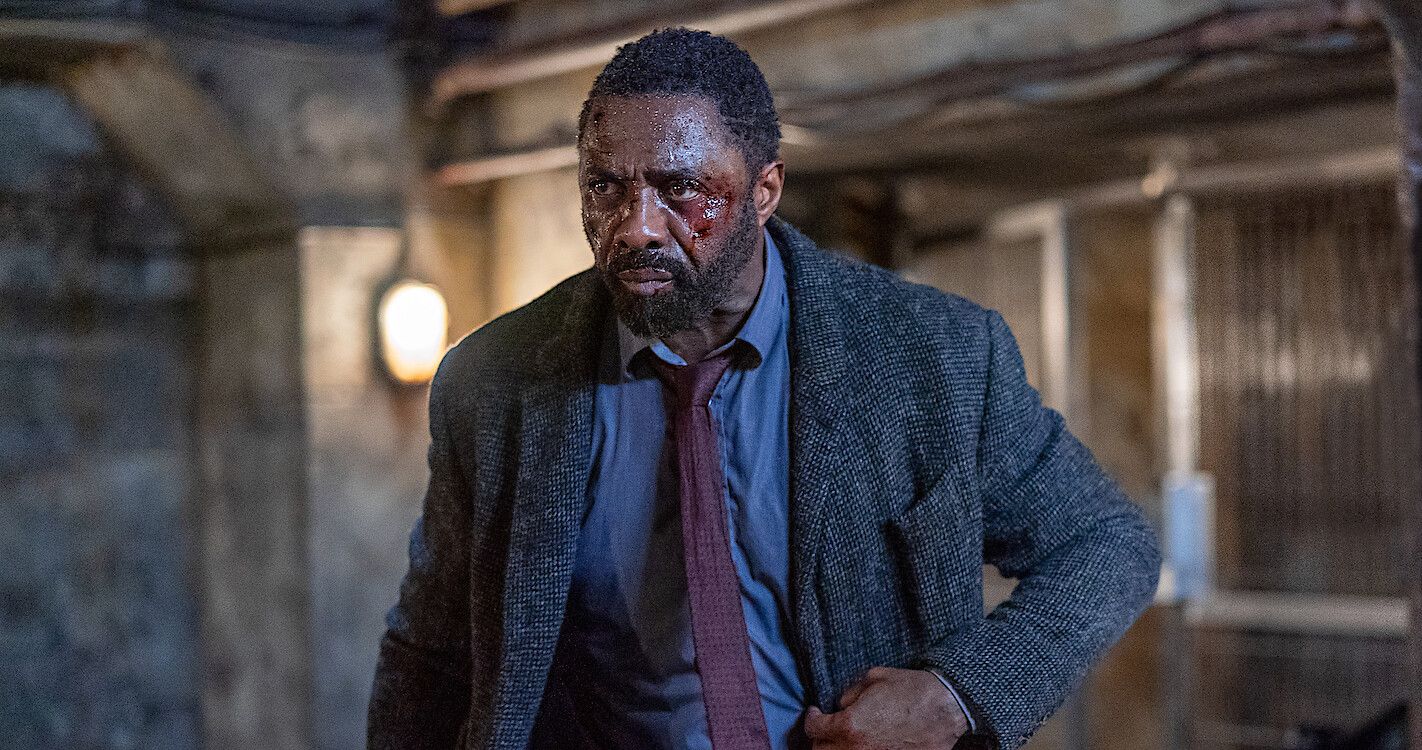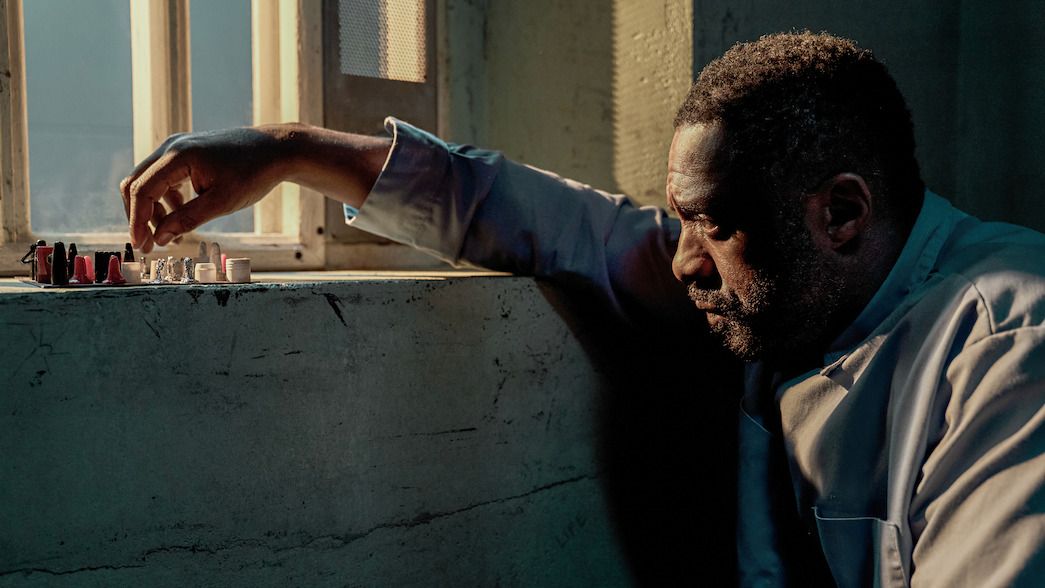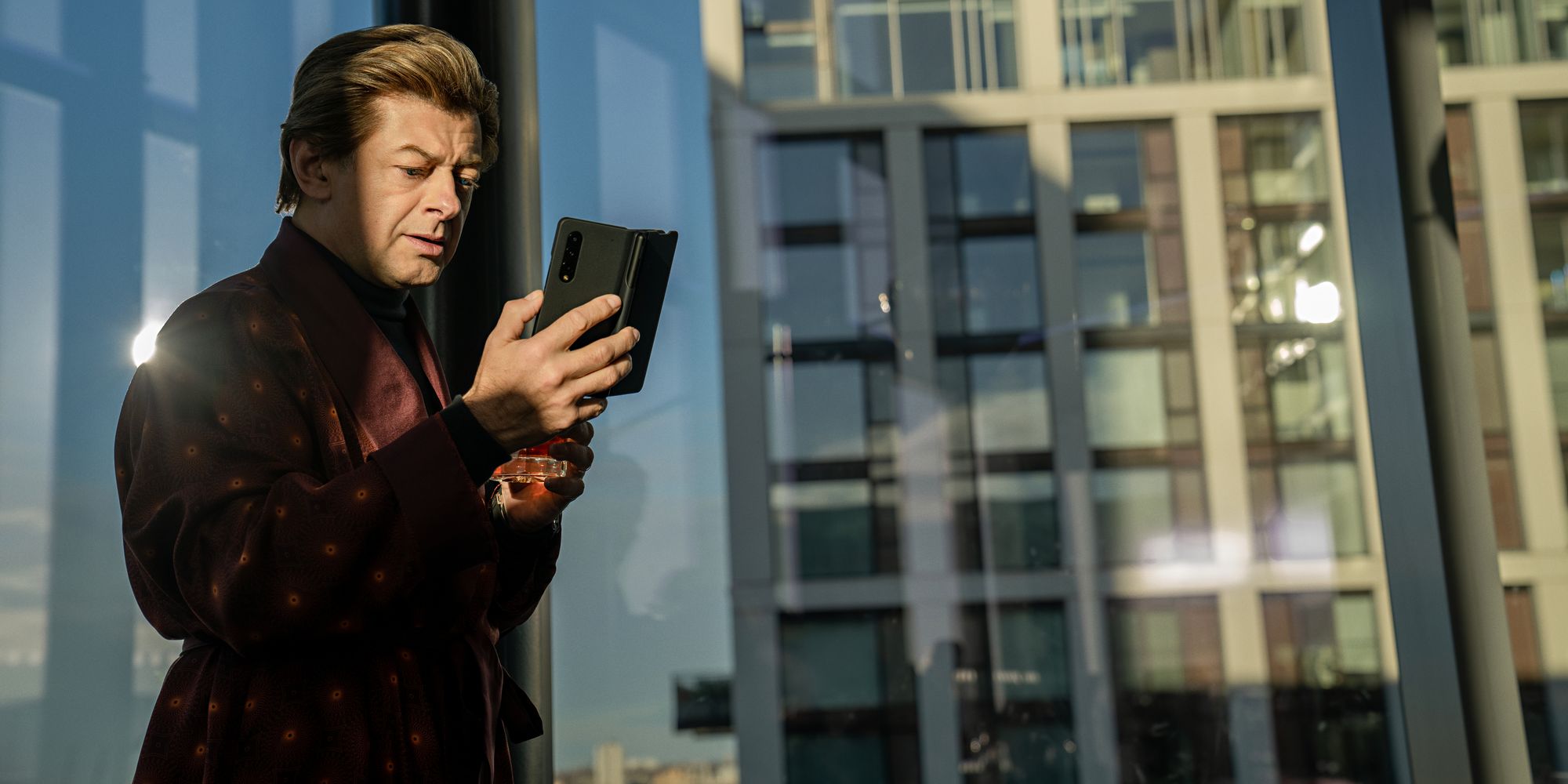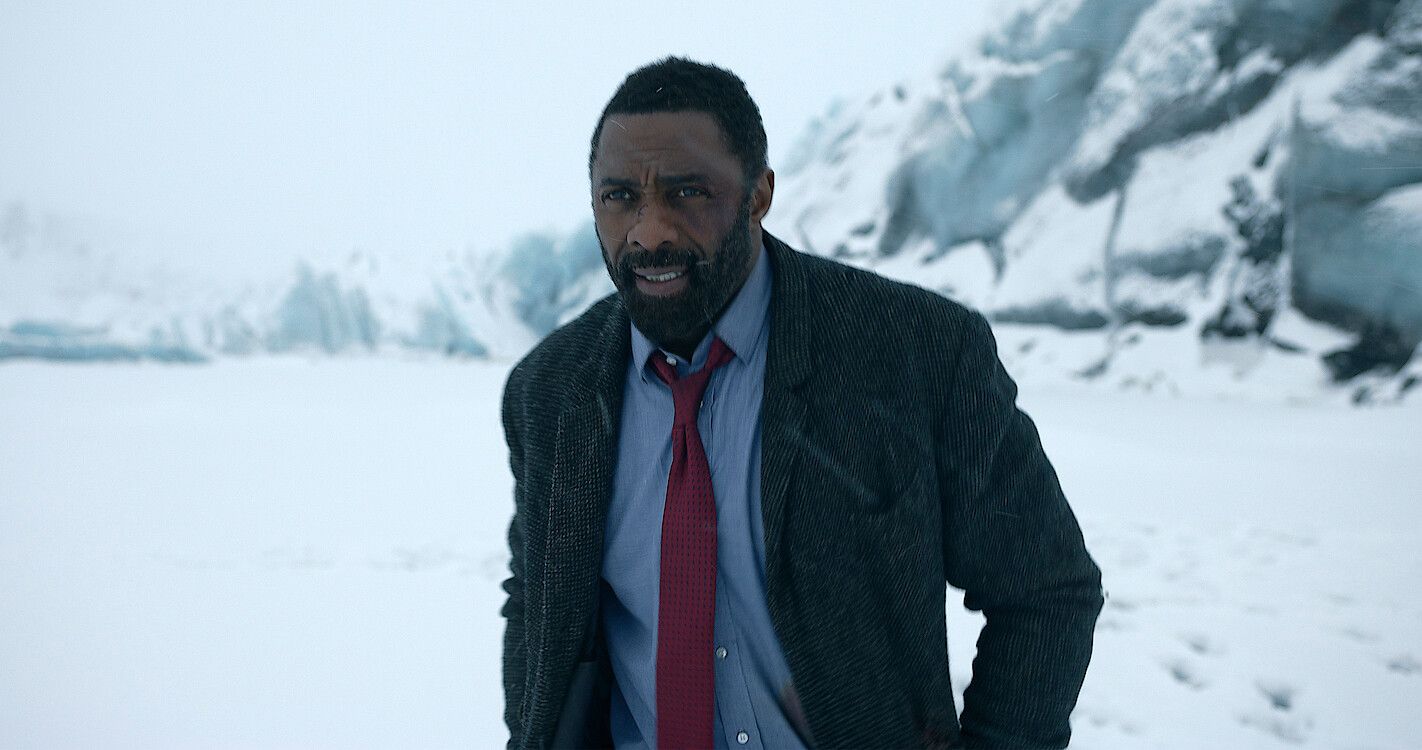By Elinor Cole, Second year, History
The revival of Luther (2010-2019) for the big screen in Luther: The Fallen Sun (2023) has been described by its creator, Neil Cross, as “bigger and better” than the popular BBC series. Having accepted the finale of Luther four years ago, I scoffed at the idea that any revival of the story could compete with the original television series – let alone better it.
Yet, having watched the film (with great scepticism), I have found myself pleasantly surprised. Whilst I don’t agree completely that The Fallen Sun is better than Luther, I can recognise the brilliance of both. Luther: The Fallen Sun has succeeded in two ways: it is a gripping continuation of the story we all know and love and an enthralling piece of cinema in its own right.

Whilst the beginning of the film shows DCI John Luther (Idris Elba) investigating the disappearance of a young man, this is abruptly ended with him being sent to a maximum-security prison. It gives a subtle nod to Luther fans by being ambiguous about which specific instances have incriminated him, as the series continuously depicts him engaging in various legally questionable (yet heroic) acts.
That being said, watching the series is not essential for viewing, as we soon learn that Luther’s arrest was enacted by an evil psychopath seeking to prevent him from solving the case.

The psychopath in question, David Robey (Andy Serkis), is a hacker and murderer. As well as being an enemy to Luther, Robey monitors the activity of British people through their technological appliances to extract their secrets and blackmail them into committing mass murder. Whilst I enjoyed this plotline, I would have liked to have known more about what information Robey had on his victims rather than it being left ambiguous. That being said, the character is written excellently; he is on an intellectual par with Luther but with more evil intentions.

Luther must defeat Robey by escaping prison and using his detective know-how, but he must also avoid capture by the Metropolitan Police, who consider him a threat to society and their investigation. His replacement in the force, no-nonsense DCI Odette Raine (Cynthia Erivo), views him as a traitorous criminal, only to find herself in need of his help.
In The Fallen Sun, viewers can enjoy the detective at his full potential. He is audacious, stubborn, determined, and vengeful, with a hint of macho charm (worthy of note if you are an Idris Elba admirer). We also see the return of beloved Martin Schenk (Dermot Crowley), his firm but fair superior officer. I am definitely grateful that their playful friendship is continued into the film, as it is one of the best relationships in the series.

Aside from well-written characters, the cinematography is also impressive. Cross has taken a Scandi-noir/Nordic thriller approach, with melancholic scenery and a low-lit, moody undertone. The snow-capped landscape of Norway being the backdrop in later scenes, as well as the impeccably sharp dress of the characters, further accentuates this.
Overall, watching The Fallen Sun leaves you on the edge of your seat from beginning to end. It has all the familiarity of the characters in the original BBC series but with a more polished, Bond-like appeal. Resting all your hope in the hands of a problematic vigilante detective (with an apparent death wish) is not one for the faint-hearted, but my gosh is it rewarding.
Featured image: by John Wilson, courtesy of IMDB
Do you think this new film does justice to the original series?









